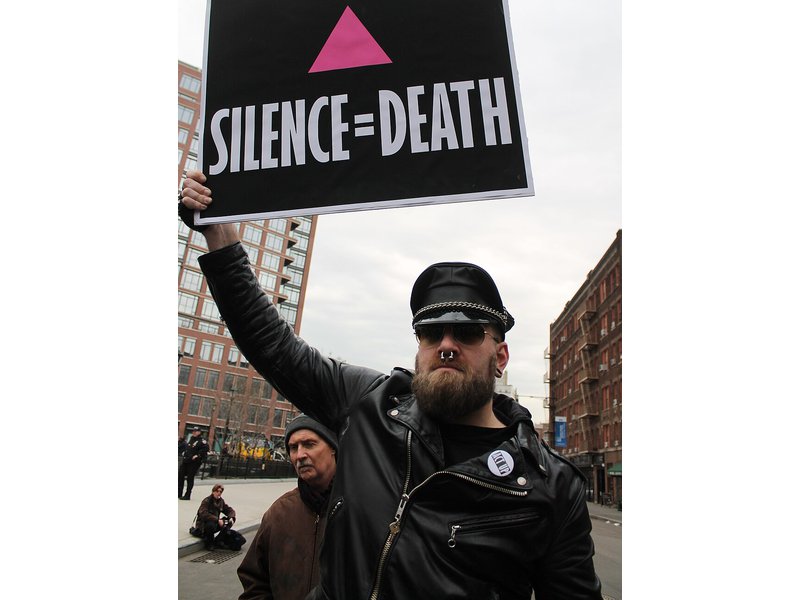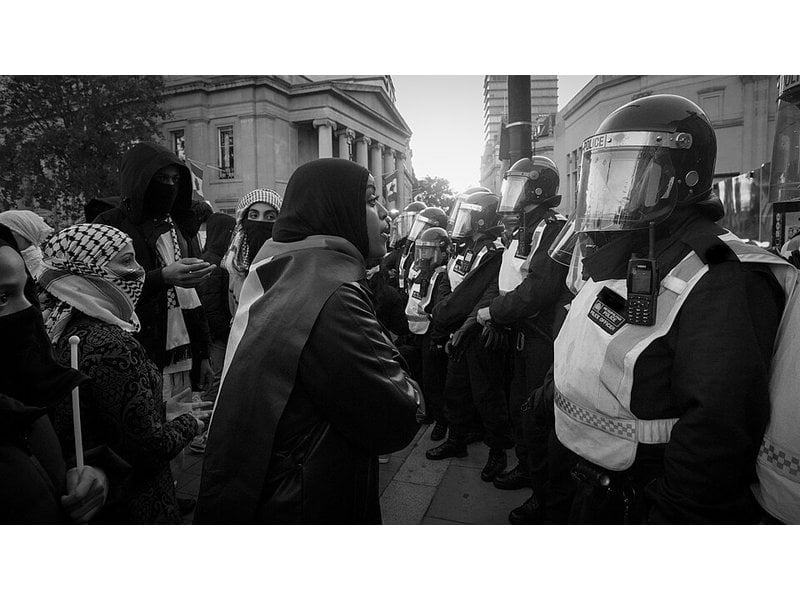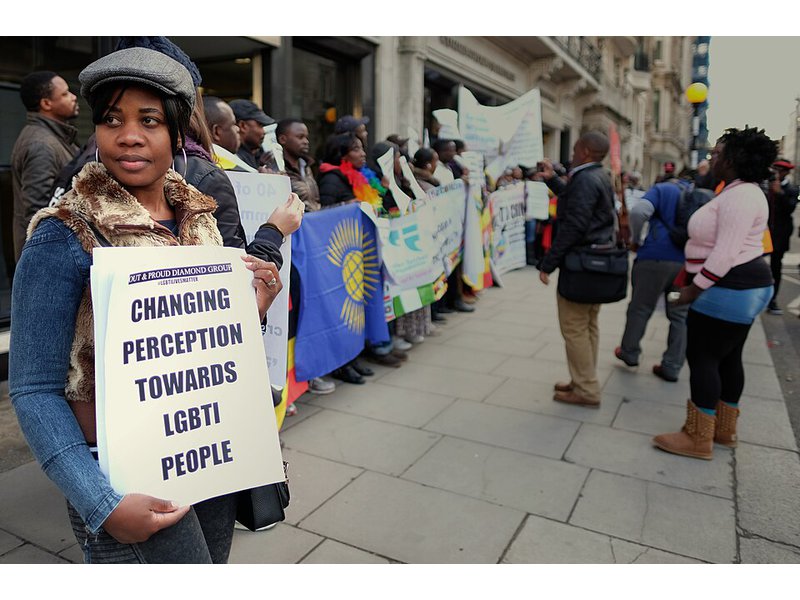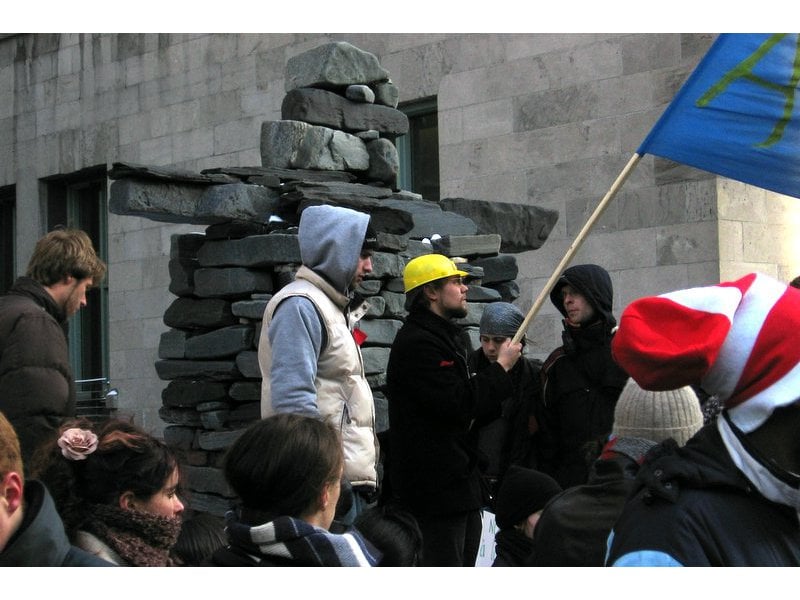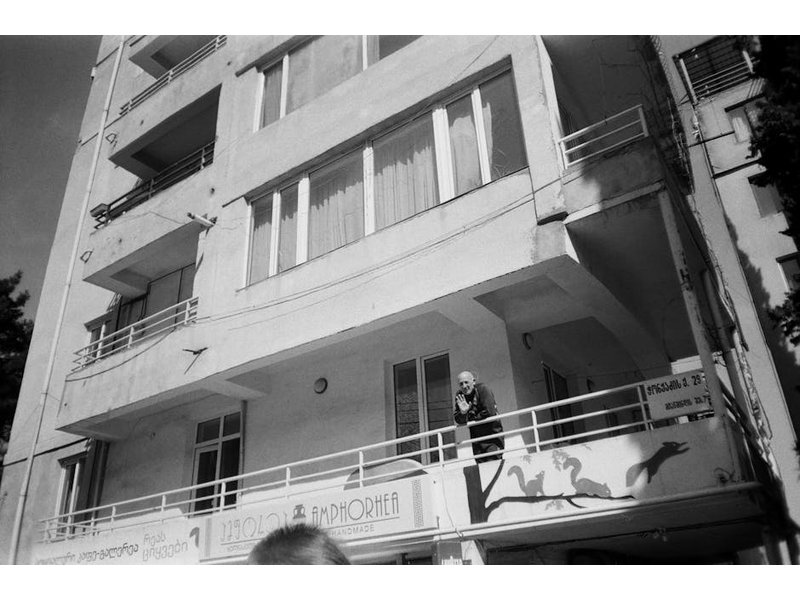132 refusal to dissolve existing institutions
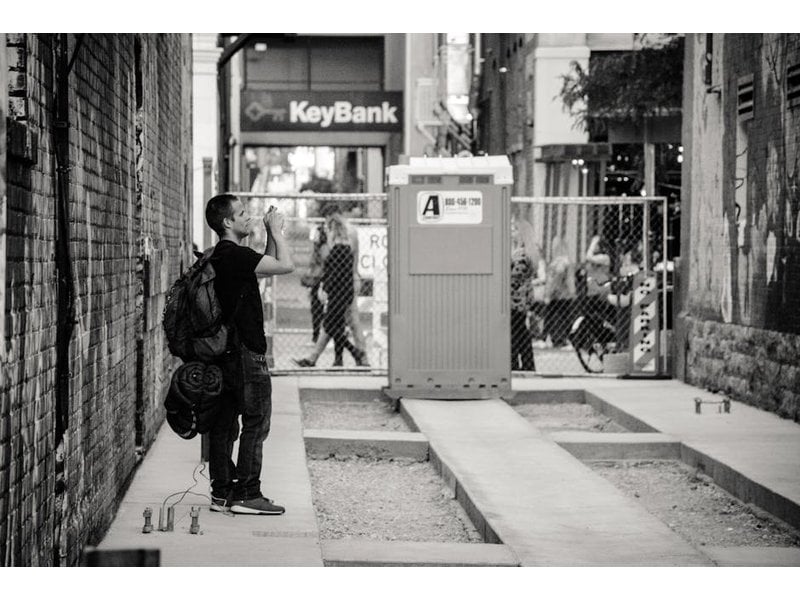
"When governments seek to abolish independent institutions in order to control the population better, to abolish a particular opposition movement, or to restructure the society on the basis of some ideological preconception, political, educational, labor, cultural and many other types of organizations may refuse voluntarily to accept such dissolution. They may then continue to operate either openly or secretly and keep up as many of their normal activities as they can, resisting collectively the governmental measures intended to destroy them. The widespread preservation of domestic institutions is a key objective in resisting foreign occupations seeking to remold the society. Refusal to disband such institutions may be combined with the boycott of government-supported institutions described above."...
High scoring campaigns using this method
Historical cases from the Nonviolent Action Database that used this method
Andorrans seek universal male suffrage, 1933
Preceding the campaign of 1933, only the eldest man in an Andorran household could vote. Due to Andorra’s long life expectancy, this meant that even middle-aged men were often unable to vote.\n\nIn April 1933 a group of young Andorran men drove aroun...
Belarusian church members hunger strike for the right to worship on their property, 2006
Under the leadership of President Alexandr Lukashenko, Belarusians who do not practice Russian Orthodox Catholicism have had to deal with varying degrees of religious repression.\n\nOn October 21, 2002, Lukashenko approved a law on “Freedom of Faith ...
Brazilian workers of Portland Cement Company (PERUS) strike for economic justice and better working conditions, 1962-1974
The Portland Cement Company plant at PERUS opened in 1925. Located on the outskirts of São Paulo, Brazil’s most populous city, the plant served as the main source of raw building materials for the city. In 1951, prominent Brazilian businessman, José ...
Cape Area Housing Action Committee campaigns against rent increases, South Africa, 1982
In May 1980 the Town City and Divisional Council of the Greater Cape Flats and neighboring areas informed residents, largely blacks and Indians, that their rents would increase in June. Government-supported apartheid had previously forced people of c...
Low scoring campaigns using this method
Historical cases from the Nonviolent Action Database that used this method
